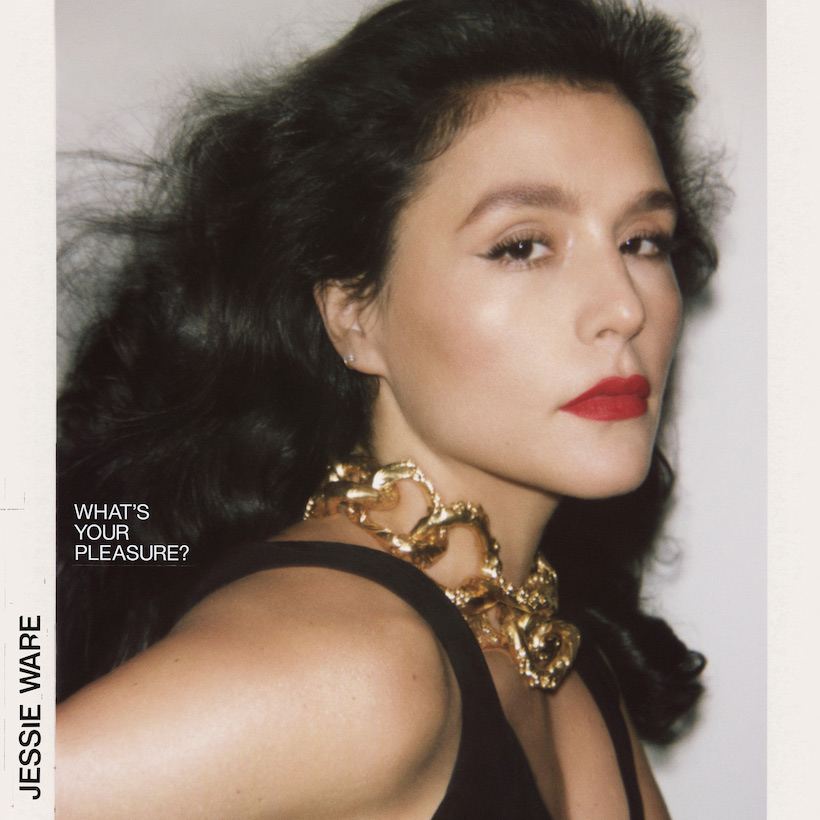June 2020 - Music
Album of the Month - What's Your Pleasure? by Jessie Ware
he comfort zone has a bad reputation. No artist wants to be seen to be creatively complacent, or uncompetitive, a state of affairs that’s much more acute for women, as Taylor Swift once observed: “Reinvent yourself but only in a way that we find to be equally comforting and a challenge for you.” It’s worse yet again for older female musicians, expected to prove that they’re still as ambitious as their younger peers or to gracefully disappear into Radio 2. That dynamic plays out vividly in Jessie Ware’s career. Made with cutting-edge dance producers, her debut album, 2012’s Devotion, earned her comparisons to Frank Ocean’s elegant R&B. She was keen to maintain tastemaker approval on 2014’s Tough Love, but by 2017’s Glasshouse – released after the birth of her first child – she was shooting for the mainstream, hiring blue-chip songwriters and laughing off her old ambitions as a cocktail of snobbery and fear. The ensuing gigs were so disastrous that her mum told her to quit.
Rare for a modern major-label pop album, What’s Your Pleasure? focuses on one sound. It feels more modern than Ware’s references to Earth, Wind & Fire and US R&B staple Teena Marie – closer to Moloko, or indeed Róisín Murphy in contemporary disco mode. It’s sleek yet intensely physical: Spotlight vibrates with momentum; the bell-like synths of Adore You are as cool as pond ripples. It also probably couldn’t exist without Robyn’s Honey, another grown-up disco album. (That album’s core personnel, Metronomy’s Joe Mount and Adam Bainbridge, both pop up alongside main producer James Ford.) In very Robyn fashion, Mirage (Don’t Stop) teases its own remix potential, as synth lens-flare, background party chatter and Ware’s silk drape of a voice melt into a juicy reverie. There’s a wealth of great Ware remixes, and What’s Your Pleasure? demands the full club revamp treatment.
It’s a poignant final note. Home life, as in domesticity, doesn’t feature here as it did on Glasshouse: Ware has questioned whether people “want to hear about struggling mothers”. Pop should make room for such subjects, although given the industry’s confusion about what to do with older female artists, that feels a long way off. But the superb What’s Your Pleasure? makes a case to reimagine so-called comfort zones as potential lanes of expertise: free pop’s women from the pointless commercial burden to reinvent, let them hone their craft, and you get assured marvels like this.


Comments
Post a Comment